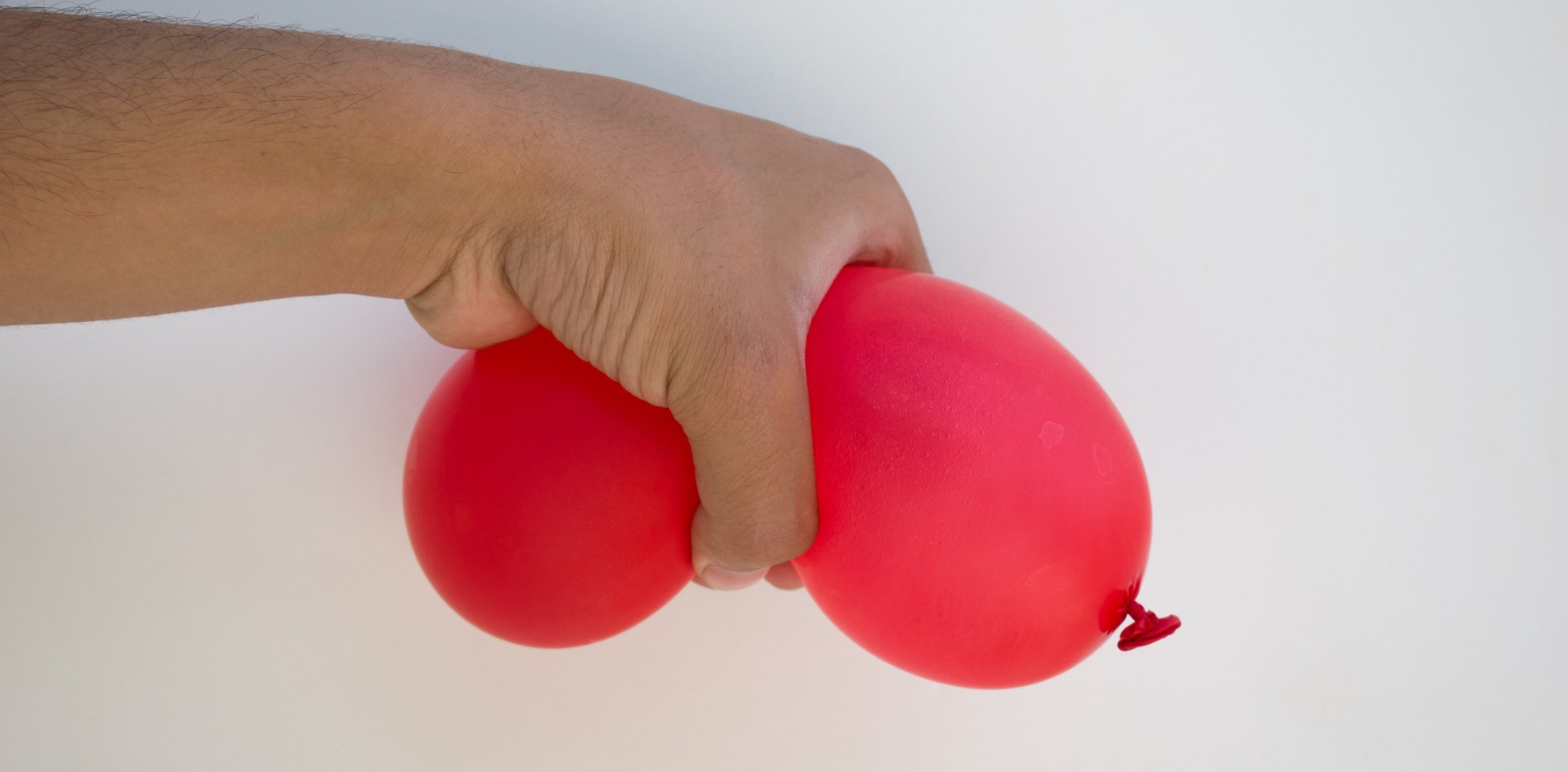Women with arthritis have twice the odds of urinary incontinence, new research suggests, with bowel disorders and respiratory conditions also associated with increased risk.
Women with arthritis have twice the odds of urinary incontinence, new research suggests, with other chronic conditions including bowel disorders and respiratory conditions also associated with increased risk.
Urinary incontinence affects more than one in three women and one in 10 men, and has a huge impact on quality of life, self-esteem and mental health.
Yet many women don’t seek help because of embarrassment or the belief that it’s a normal part of ageing and childbirth.
The study analysed survey data from the Canadian Community Health Survey in 2013-14, which included 60,186 women aged 25 and older.
The University of Calgary authors examined the link between 10 chronic health conditions and urinary incontinence.
“Urinary incontinence was prevalent in 10.0% of females with a chronic condition, and only 2.1% of females without a condition,” the authors wrote in the CMAJ Open.
The odds of having incontinence were more than 2.5 times higher for women with bowel disorders compared to their peers, and around twice as high for women with arthritis and respiratory conditions such as COPD and asthma.
“Associations were largest for bowel disorders, modest for respiratory and cardiovascular diseases and arthritis, and smallest for diabetes and hypertension.”
More than half of women affected by incontinence are under 50, said Janine Armocida, a nurse continence specialist at the Continence Foundation of Australia.
Only about 31% of men and women seek help for urinary incontinence, Ms Armocida said.
“Women historically have had greater health-seeking behaviour, but unfortunately a lot of women will just live with incontinence and think it’s normal, particularly if they’ve had children and may have been told by their mother or friends that it’s no big deal.
“But any type of leakage is not considered normal. It’s not a normal part of aging, or a normal part of having a baby.”
In her own experience, Ms Armocida has observed that patients with comorbidities are much more likely to experience incontinence. “We also know incontinence can lead to social isolation, anxiety and depression for those affected,” she said.
While people with comorbidities have a greater risk of continence issues, the subject should be raised with every patient, she said.
“As health professionals, we have a duty of care to ask someone whether they are experiencing any bladder or bowel incontinence.
“Often people aren’t going to disclose it unless health professionals ask the question. The more we talk about it, the more it will decrease the stigma of incontinence.
“It’s also important for doctors to know what services are in their area where they can refer patients to, such as urologists, gynaecologists, continence nurses or continence physiotherapists.
“There is help available, and the sooner we treat people with incontinence, the better the outcome.”
The Canadian researchers said that arthritis can cause mobility issues, leading to functional incontinence where women can’t reach the bathroom in time, although they suggested central sensitisation may also play a role.
Irritable bowel syndrome is frequently comorbid with urogenital symptoms, the authors said. And chronic coughing from asthma and COPD can increase intra-abdominal pressure and loading on pelvic musculature, causing damage over time.
The authors noted that women who sought treatment reported more severe symptoms, had lived with urinary incontinence for several years and had lower quality of life.
“Early detection of urinary incontinence may promote earlier resolution of leakage, reduce the need for invasive intervention and prevent the psychosocial burden of symptoms.”


